Pediatrics
The American Optometric Association recommends that pre-school children receive a complete vision exam at the ages of six months, three years and five years. It is particularly important that a child have a complete evaluation in the summer prior to entry into Kindergarten. While in school, yearly evaluations are recommended. If learning or developmental issues are a concern, additional developmental testing may also be recommended (DVA).
The American Optometric Association (AOA) and The Vision Care Institute of Johnson & Johnson Vision Care, Inc., have partnered to create InfantSEE®, a no-cost public health program developed to provide professional eye care for infants nationwide. Through InfantSEE®, the optometrists at Snowy Range Vision Center will provide a one-time, comprehensive eye assessment to infants in their first year of life, offering early detection of potential eye and vision problems at no cost regardless of income.
For more information on InfantSEE®, go to http://www.aoa.org/infantsee.xml
Testing For More Than 20/20
20/20 just means that the person can clearly see a certain letter on the standard eye chart (equivalent to what a person with normal vision should be able to see at 20 feet). There’s so much more to healthy vision than 20/20!
Our comprehensive vision exam goes beyond 20/20 to evaluate many important visual skills, such as:
- Visual Acuity at Near
Is vision clear and single at close distances? Clear sight at short distances is critical to reading, writing, close work, computer use, etc. - Eye Teaming Skills
Do the two eyes aim, move, and work as a coordinated team? Weaknesses in binocular (two-eyed) vision and eye teaming skills can cause numerous difficulties, including convergence insufficiency and poor depth perception. - Eye Focusing Skills
Do the eyes maintain clear vision at varying distances? Rapid, automatic eye focus adjustment is critical to learning, reading, writing, sports, etc. Deficiencies can cause visual fatigue, reduced reading comprehension, and/or avoidance of close work or other activities. - Eye Movement Skills
Do eye movements show adequate muscle control, tracking, fixation, etc.? In the classroom, normal eye movements allow rapid and accurate shifting of the eyes along a line of print or from book to desk to board, etc. In sports, efficient eye movements contribute to eye-hand coordination, visual reaction time, and accurate tracking.
Above are just a few of the many visual skills evaluated during our comprehensive vision exam. In addition, the health of your eyes, inside and out, is carefully evaluated for such problems as cataracts, glaucoma, hypertension, diabetes, etc.
Developmental Vision Analysis
What is a developmental vision analysis (DVA) and consult?
The DVA is comprised of a series of tests that are designed to identify strengths or weaknesses in the areas of visual motor integration, visual processing, auditory analysis screening, tracking and gross motor screening.
The time required for the DVA is usually 1-1/2 hours and is given by our therapy staff on a one-one basis with the patient. Parents are asked to wait in the reception area during this testing. At the completion of this testing, scores will be tabulated and then presented at a consultation (scheduled at a different time) with your doctor, the patient and/or the parents. Treatment options will be discussed. A written summary report will be mailed. If additional evaluation is necessary, the doctor will inform you of this need and fee.
Please be aware that many insurance companies do not pay for this DVA/consultation or may just pay a small portion of the testing. We will assist you in the billing process, however, payment of the testing not covered under insurance is due at the testing time.
To cancel or reschedule a DVA appointment, or if there are extraordinary circumstances regarding your appointment, please call our front desk receptionist as soon as possible.
Do you treat or diagnose learning problems, disabilities, dyslexia?
We thoroughly evaluate the visual system as it often can affect one’s ability to learn. For example, these types of problems could cause difficulties in reading (losing place, skipping words, blurriness, headaches, fatigue, tired eyes, etc.), or writing (difficulty with coloring, staying on the line), or in sports. Even if the patient can see well, there may be other significant visual problems hindering one’s ability to learn. To thoroughly diagnose learning disabilities or dyslexia, a full psycho- educational battery of testing and consultation must be given. Our doctors network and consult with other professionals, schools, hospitals and/or treatment centers.
